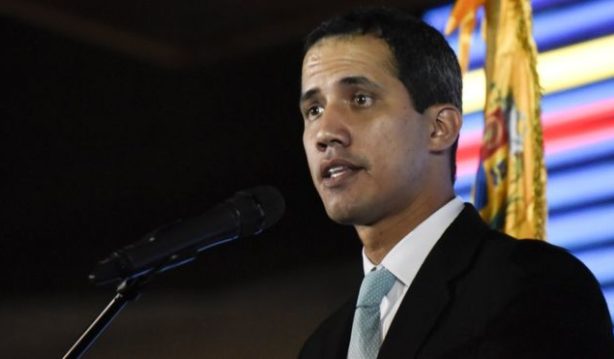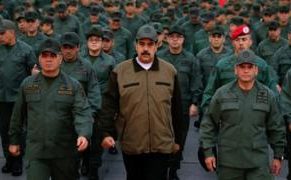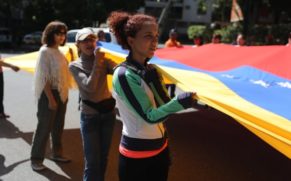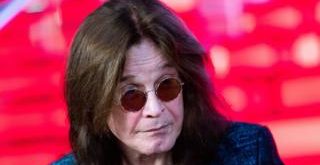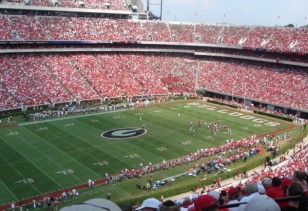Supporters of Venezuela’s self-declared interim president Juan Guaidó are gathering for nationwide demonstrations.
Saturday’s protests are intended to ramp up pressure on President Nicolás Maduro to step down and call a snap presidential election.
Mr Guaidó declared himself president last month and was immediately recognised by the US and several Latin American countries.
Russia and China back President Maduro.
Major European countries have given him until Sunday to announce a fresh vote before they join the nations recognising Mr Guaidó as Venezuela’s interim president.
Military support is seen as crucial to Mr Maduro’s hold on power.
On Saturday a high-ranking Air Force general announced his support for Mr Guaidó in a video message posted on Twitter.
Gen Francisco Yanez, the force’s head of strategic planning, called on other members of the military to join him in defecting. It is not clear when or where the message was recorded.
In response, the Air Force’s high command accused him of treason.
Mr Guaidó, meanwhile, says he has held secret meetings with the military to win support for ousting Mr Maduro.
He has also reached out to China in the hope of improving relations with the country.
In comments published in the South China Morning Post on Saturday, Mr Guaidó said he wanted a “productive and mutually beneficial” relationship with China, adding that he was ready to engage in dialogue “as soon as possible”.
Later on Saturday, President Maduro is due to attend a rally in honour of his predecessor, the socialist former army colonel Hugo Chavez.
What has Mr Guaidó said?
In a speech at Venezuela’s Central University earlier this week, Mr Guaidó called on people to take to the streets in a show of force against President Maduro’s refusal to hand over power.
“Let’s keep protesting,” he told a crowd of students, doctors and nurses: “Let’s keep taking the streets.”
Mr Guaidó also called on Venezuelans to gather for fresh protests to demand “humanitarian assistance”, including food and medical supplies, be delivered to those suffering amid the crisis.
On Wednesday, thousands of Mr Guaidó’s supporters took to the streets in the capital, Caracas, and several other cities across Venezuela. They called on the military to abandon its support of President Maduro and allow humanitarian aid into the country.
Mr Guaidó, who is head of Venezuela’s National Assembly, says the constitution allows him to assume power temporarily when the president is deemed illegitimate.
What about Mr Maduro’s position?
President Maduro told Russian news agency RIA he was prepared to hold talks with the opposition “for the good of Venezuela” but would not accept ultimatums or blackmail.
He insisted he had the backing of the military, accusing deserters of conspiring to plot a coup.
Many officers hold posts as ministers or other influential positions.
Where do other countries stand?
More than 20 countries, including the US, have recognised Mr Guaidó as Venezuela’s interim president.
Russia, China and Turkey are among those who have publicly backed President Maduro.
Last week, several European countries including Spain, Germany, France and the UK said they would also recognise Mr Guaidó as president if elections were not called within eight days.

